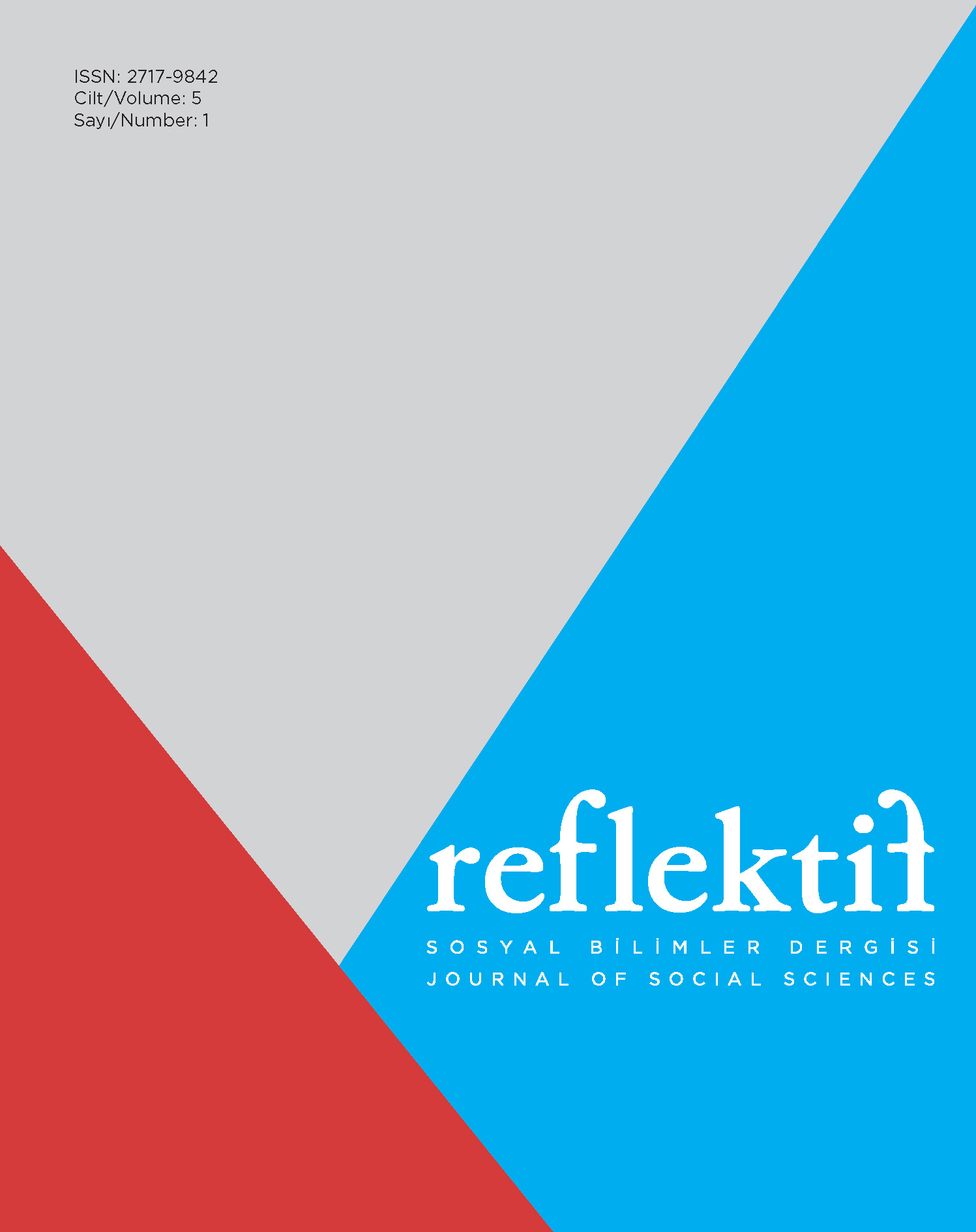The Matthew Effect in the Game of Success and Asymmetrical Distribution of Reward
DOI:
https://doi.org/10.47613/reflektif.2024.153Keywords:
game theory, Matthew effect, preferential attachment, equality, rankingAbstract
Today there is a great transformation in the dynamics underlying the relation between performance-based success evaluation and its reward. As a result of this transformation, the relationship between performance and success reward has gained an asymmetric dimension. As a matter of fact, while performance is normally distributed as before the transformation, the reward of success is now distributed according to the power law. The performance has a limit and there are many different performance levels close to the performance corresponding to success. On the other hand, the emerging substantial gaps between the rewards of success for minör performance differences distribute logarithmically according to the power law. In other words, a bare difference in performance results in large gaps in return of success. Due to the disproportion between performance and return, inequalities in different areas are rapidly deepening. Both the Matthew effect, which explains how an advantage constantly begets further advantage, and the preferential attachment that directs connections to a node with larger connections in scale-free networks, have the potential to make significant contributions to understanding the transformation in the relation between the performance and its reward. For this reason, in this study we review Peter Erdi’s (2020) Ranking: The Unwritten Rules of the Social Game We All Play and Albert-László Barabási’s (2022) Formula: Universal Laws of Success books for providing a better understanding the transformation in modern times, from education to economy, from art to technology. We also discuss the impact of the Matthew effect and the preferential attachment in the context of the distribution of the reward by the power law and ultimately the deepening of social inequalities.
Downloads
Published
How to Cite
Issue
Section
License
Copyright (c) 2024 Mahmut Özer

This work is licensed under a Creative Commons Attribution-ShareAlike 4.0 International License.
All manuscripts which are submitted to the REFLEKTIF Journal of Social Sciences should not be published, accepted and submitted for publication elsewhere.
In case an article is accepted for publication it is allowed to combine the article with other researches, to conduct a new research on the article or to make different arrangements on condition that the same license is used including the commercial purpose.
As an author of an article published in REFLEKTIF Journal of Social Sciences you retain the copyright of your article and you are free to reproduce and disseminate your work.




